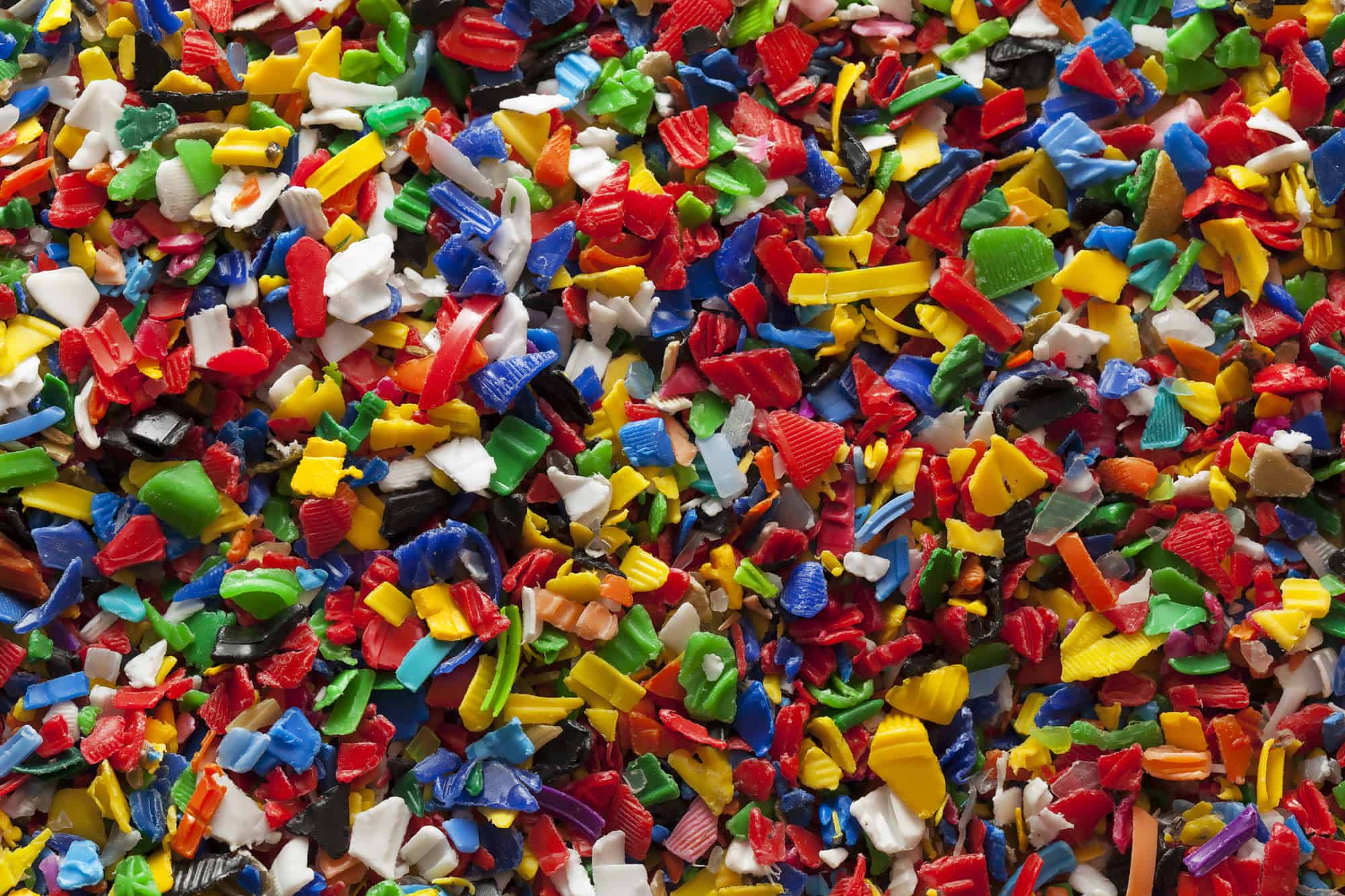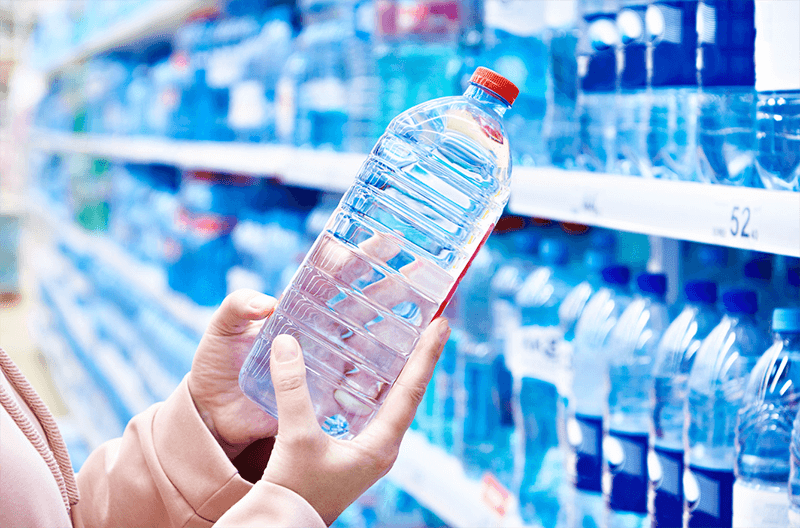The Advantages Of Using Recycled Plastic
The world is at a pivotal moment in its commitment to sustainability, and one material that is taking centre stage in this global shift is recycled plastic. As we become increasingly conscious of the environmental impact of our choices, the advantages of using recycled plastic are becoming more evident and compelling.
In this article, we will explore the benefits that recycled plastic brings to the table, from conserving natural resources and reducing carbon footprints to fostering innovation and economic growth.
4 Ways Using Recycled Plastic Benefits Your Manufacturing Business
1. Reducing Environmental Impact
Resource Conservation:
The production of virgin plastic materials is resource-intensive, relying heavily on the extraction of fossil fuels and the consumption of vast amounts of energy and water. By utilising recycled plastics, businesses significantly reduce the demand for these finite resources. This conservation effort not only helps preserve natural habitats but also mitigates the environmental degradation associated with resource extraction.
Energy Savings:
The manufacturing of virgin plastics generates a substantial carbon footprint due to the energy-intensive processes involved. In contrast, recycled plastics often require less energy to process and convert into new products. By using recycled materials, businesses can save energy and reduce greenhouse gases.
Waste Reduction:
Incorporating recycled plastics into your manufacturing processes contributes to a circular economy by diverting plastic waste from incineration. This not only minimises the detrimental impacts of plastic pollution on ecosystems but also reduces the strain on waste management systems.
Lower Carbon Emissions:
The transportation of recycled plastics typically involves shorter distances than the distribution of raw materials for virgin plastics production. This reduces emissions related to transport, which play a crucial role in reducing a company’s overall carbon footprint.
2. Corporate Responsibility Policy (CSR)
A Corporate Responsibility Policy (CSR) is more important for businesses today than ever before. Think of it as a self-regulatory policy for your business; a commitment to contribute to society through a variety of goals. These goals can be environmental, economic, or philanthropic.
Some common examples of things that are included in a CSR policy include:
- Improved labour processes
- Using fair-trade materials
- Reducing carbon footprint
- Plastic recycling
- Environmentally-conscious investments
Brands like Google, Amazon, and Apple are all huge ambassadors for the environment, and it’s likely their CSR policies put a heavy focus on sustainability as they lead the way for other large companies.
As governments worldwide implement stricter environmental regulations and mandates to combat plastic waste, using recycled plastics can help businesses stay compliant with these evolving standards. Avoiding fines and penalties associated with non-compliance is not only fiscally responsible but also contributes to a healthier environment.
3. Business Growth And Financial Returns
People are more aware of environmental issues facing the planet. Companies who take the initiative to make changes are often viewed in a more positive light, especially from those who are concerned with our environmental future.
Adopting recycled plastics as a core component of your business sends a powerful message to consumers and stakeholders. It demonstrates a commitment to eco-friendly practices, enhancing your brand’s reputation and appeal to environmentally conscious consumers.
By using recycled plastic in your manufacturing, you can share with your consumers and that you’re taking the right steps toward a more sustainable business. From a marketing and PR standpoint, that gives your business more opportunities to grow.
Additionally, using recycled plastic can save you money. It cuts down on the cost of your materials and greatly lowers your dependency on the pricing of plastic. As a result, your bottom line will be improved.
4. Innovation and Research
Under the banner of innovation and research, businesses that prioritise recycled plastics play a crucial role in advancing sustainable solutions and technologies. Here’s a deeper look into how this commitment fosters environmental progress:
Advanced Recycling Technologies:
Businesses investing in recycled plastics often collaborate with researchers and innovators to develop recycling technologies. These advancements can include more efficient sorting and processing methods, innovative ways to recycle complex plastics, and the creation of high-quality recycled materials for various applications.
Material Diversification:
Research into recycled plastics leads to the expansion of available materials and their diverse applications. Manufacturers can work with recycled plastics to create an array of products, from packaging and construction materials to textiles and automotive components. This diversification reduces the need for virgin plastics in various sectors, driving environmental benefits across industries.
Circular Economy Models:
Businesses that embrace recycled plastics contribute to the development of circular economy models. These models prioritise the continuous use, recycling, and repurposing of materials, minimising waste and resource consumption. Innovations in recycling and reuse pave the way for more sustainable business practices.
What Are the Benefits of Using Recycled Plastic for Consumers?
Using recycled types of plastic isn’t just good for your business and for the environment, it can also teach customers the benefits of plastic recycling. This will help to continue the recycling process and push consumers to use their recycling bins to dispose of plastic.
Making the switch to recycled plastic in your manufacturing can make a big difference in your company’s longevity and how potential customers see you as a brand. Implementing these changes will save you money whilst becoming more socially and environmentally responsible.








